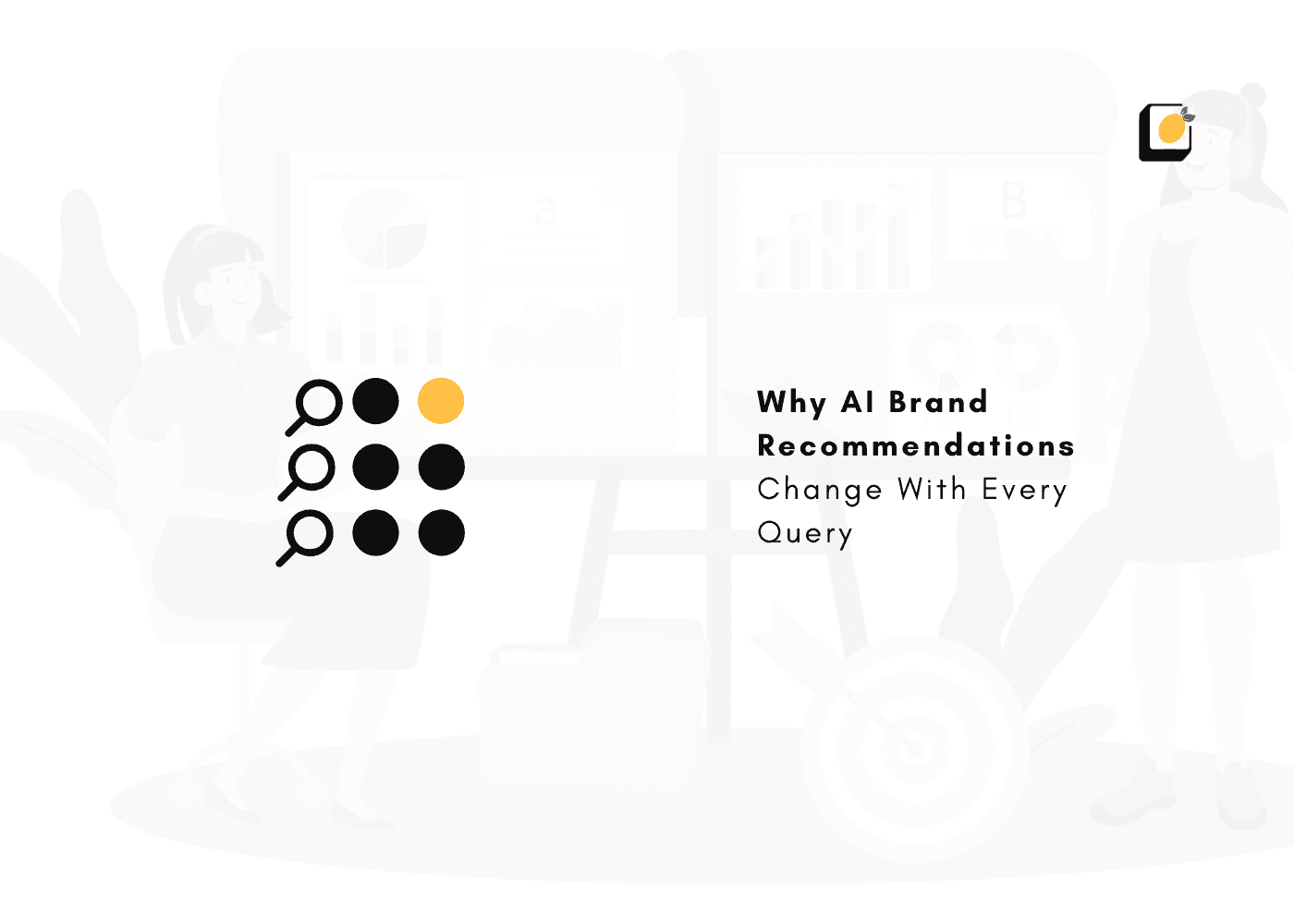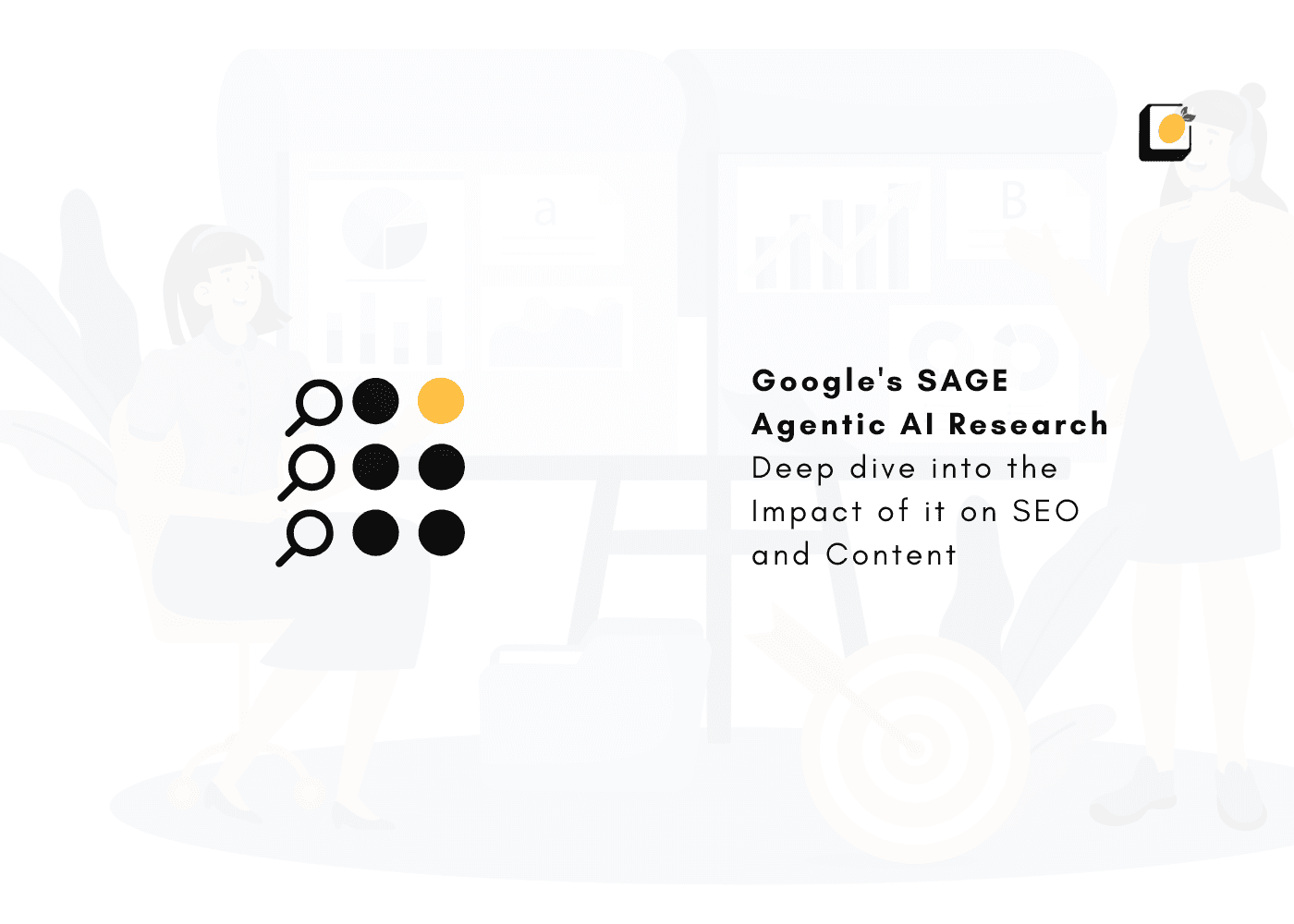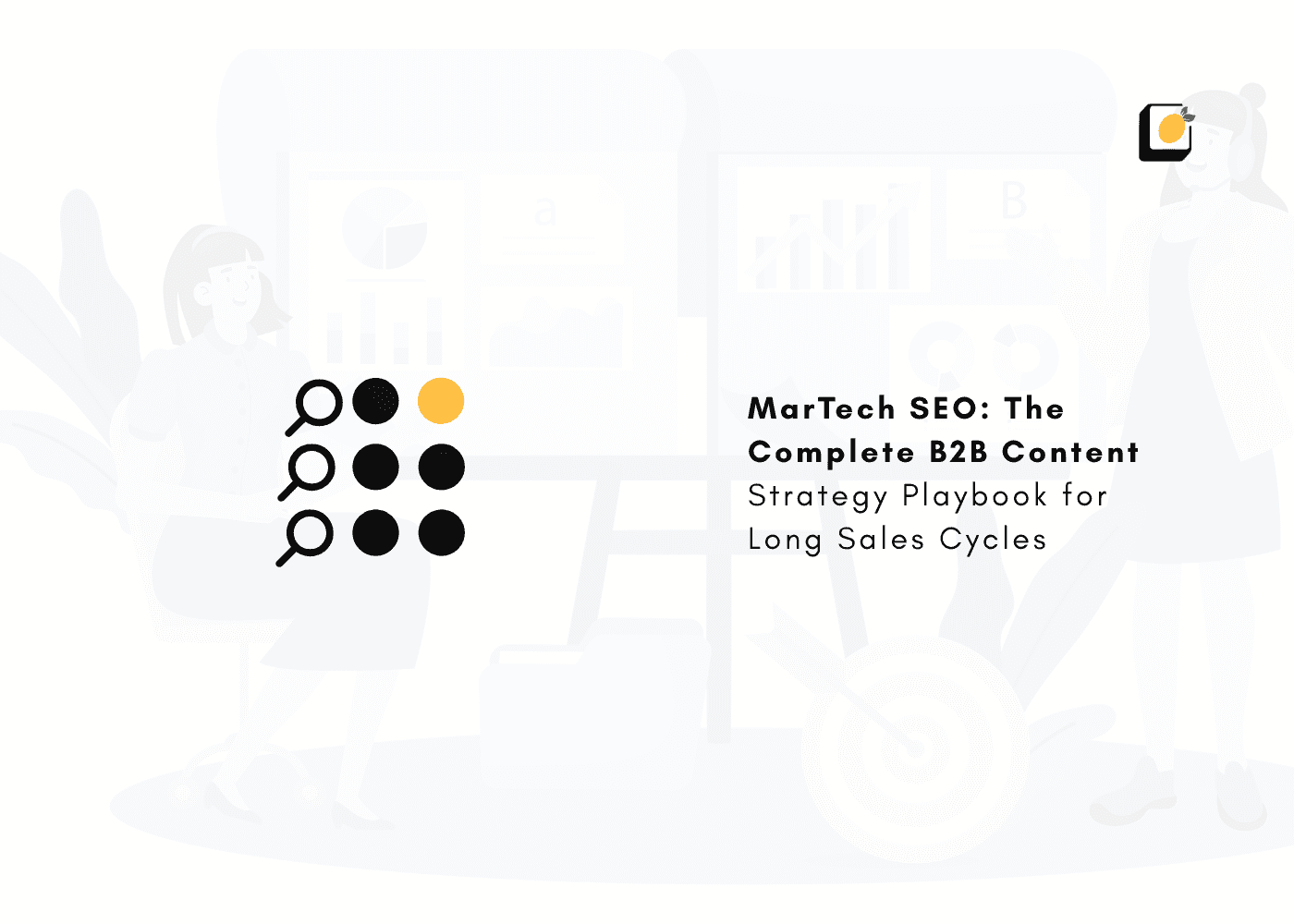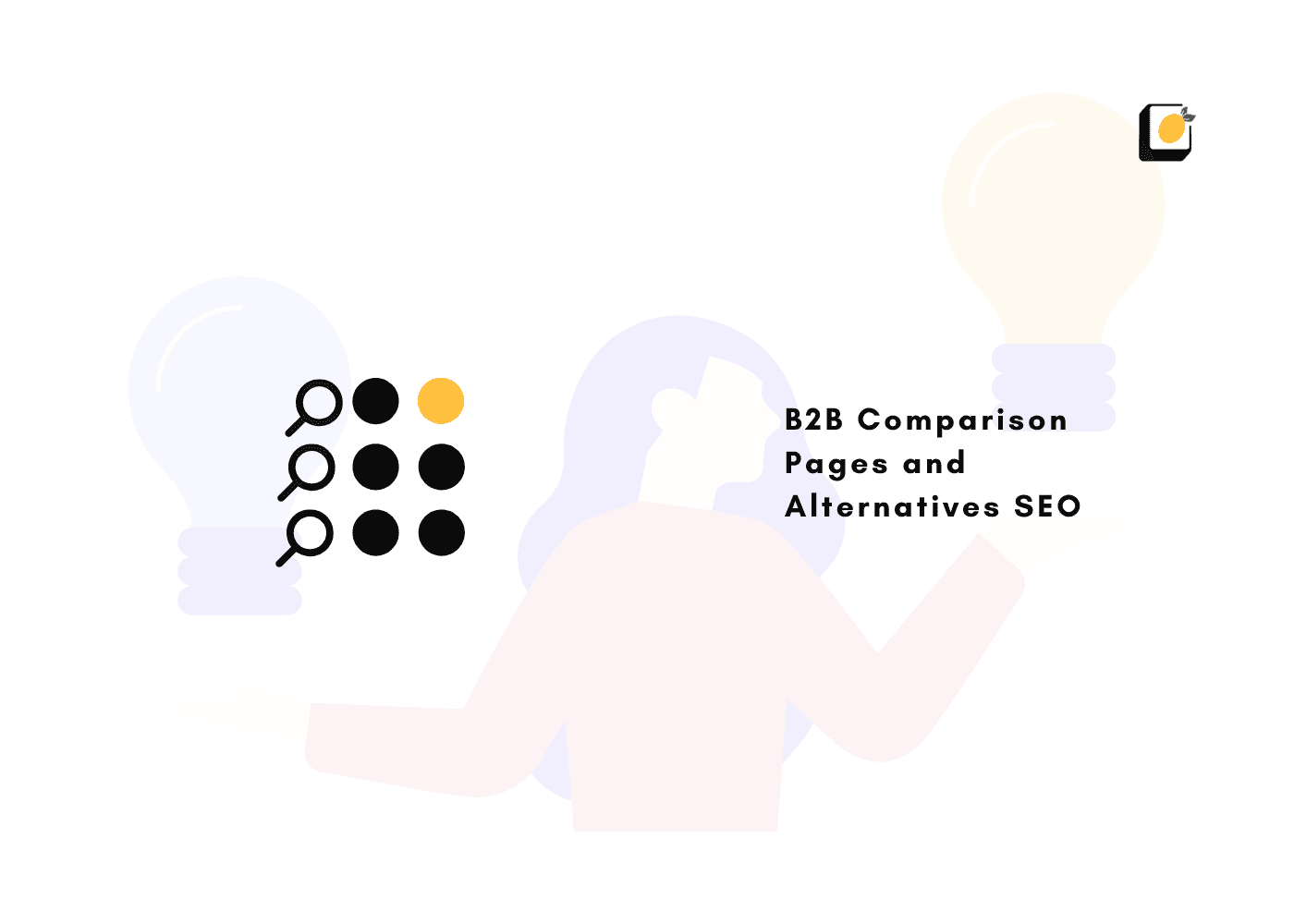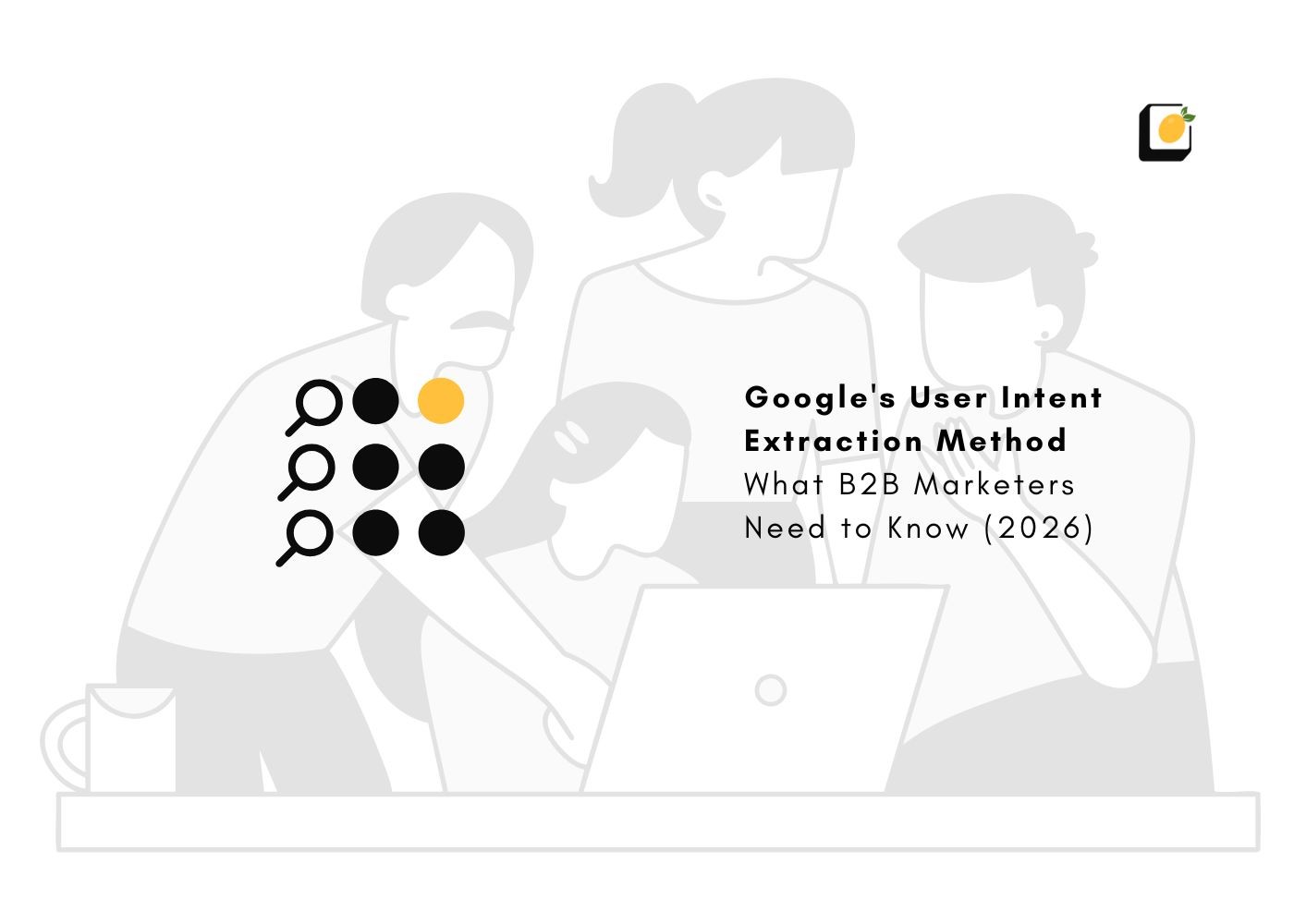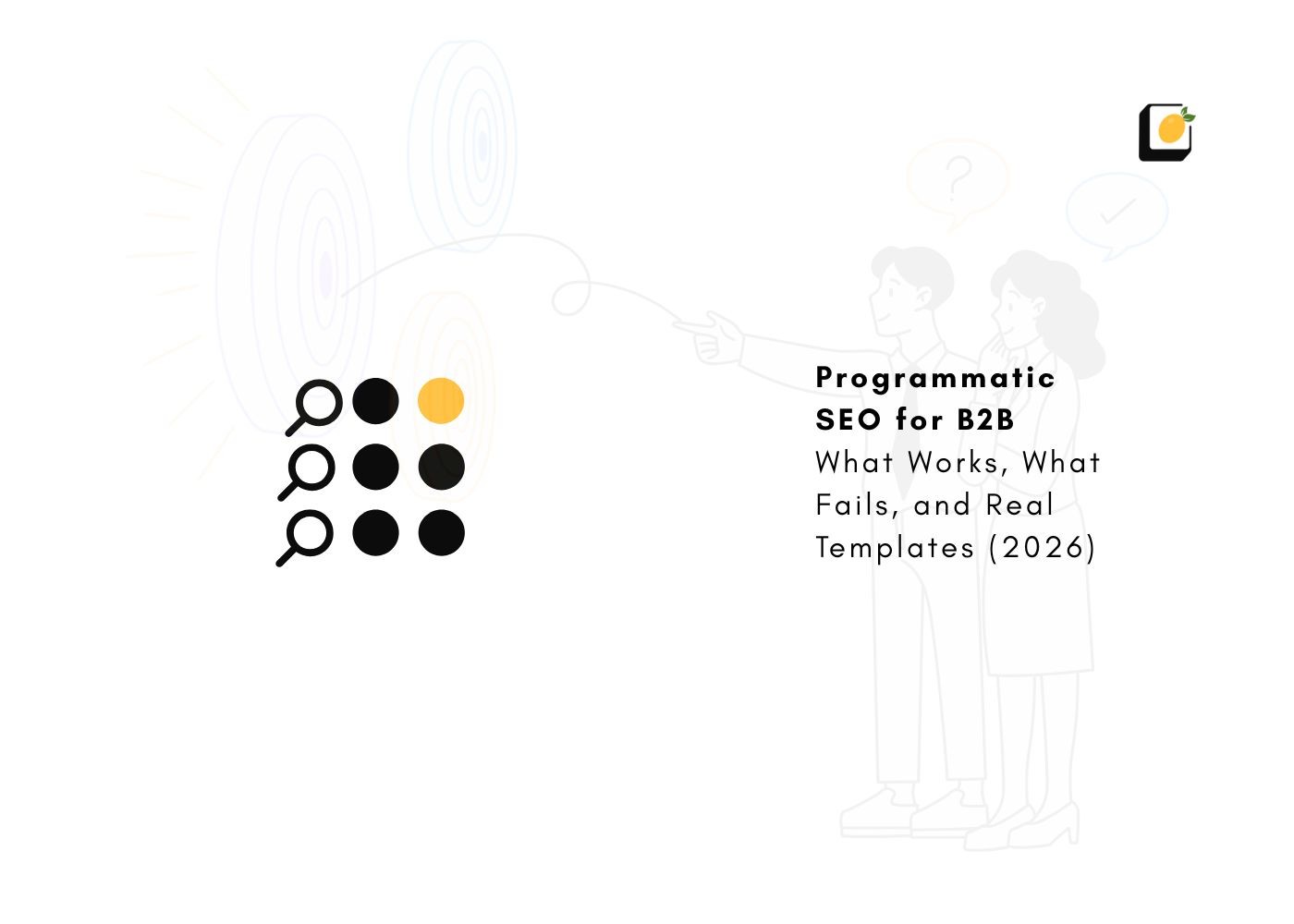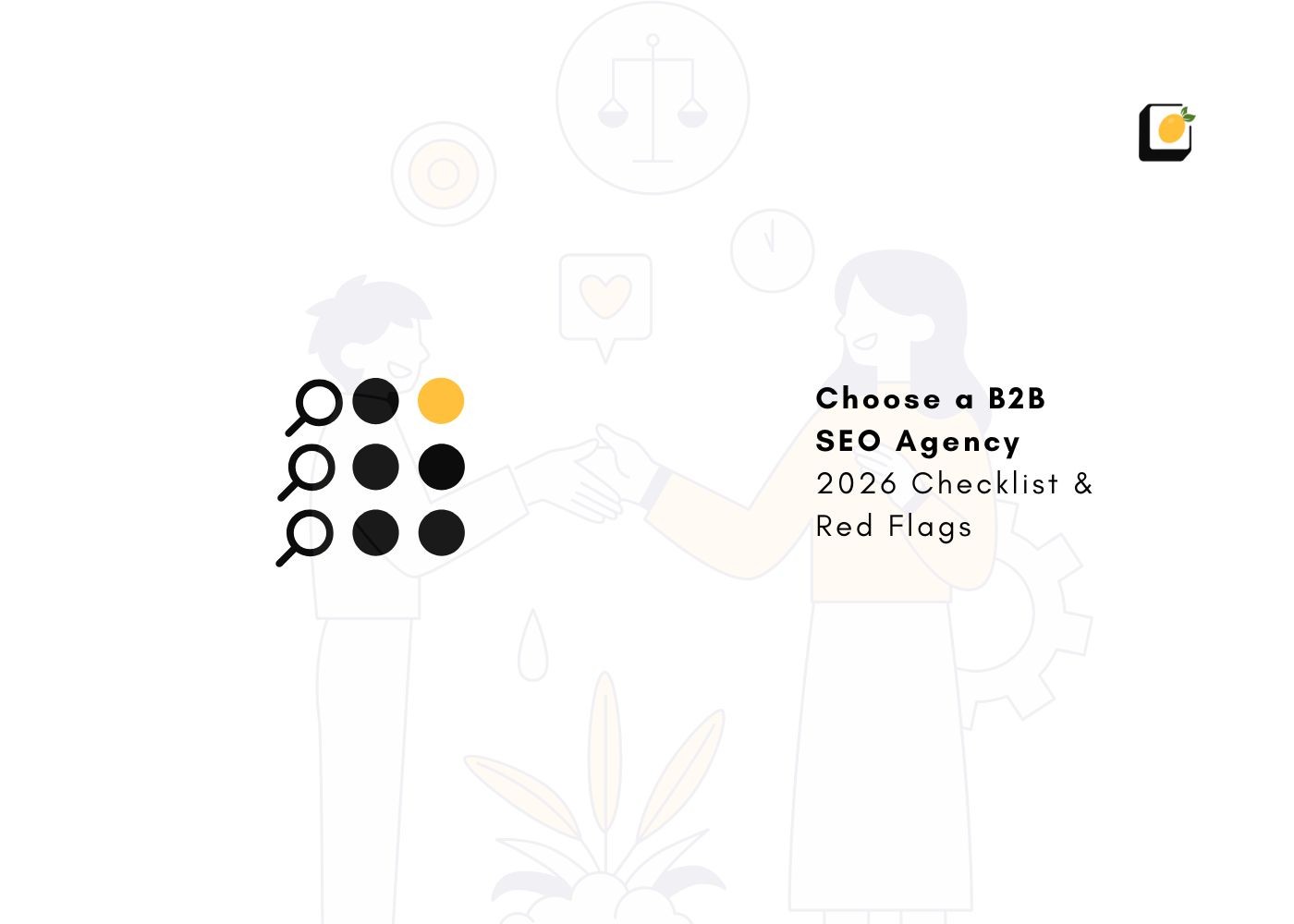From SEO to GEO: The Evolution of Search and What It Means for Your 2025 Marketing Strategy
July 29, 2025
Join 500+ brands growing with Passionfruit!
Remember when ranking on Google's first page felt like winning the digital marketing lottery? Those days of straightforward SEO search optimization are evolving and integrating with new approaches. As artificial intelligence reshapes how people discover information, marketers face a fundamental question: Is traditional search engine optimization enough to stay competitive in 2025?
The answer lies in understanding a seismic shift happening right under our noses. While you've been perfecting your keyword density and building backlinks, AI-powered search engines have been quietly rewriting the rules of content discovery. The future of search optimization isn't just about ranking higher; it's about being the trusted source that AI systems cite, recommend, and synthesize for millions of users.
This evolution from SEO to GEO (Generative Engine Optimization) represents the most significant change in digital marketing since mobile-first indexing. But here's the twist: the brands that master this transition early won't just survive, they'll dominate their markets while competitors scramble to catch up.
What Is GEO and Why SEO Search Optimization Must Evolve
The digital landscape is experiencing its most dramatic transformation since the birth of search engine marketing. Traditional SEO search optimization focused on gaming algorithms and climbing rankings, but GEO represents a fundamental shift toward earning trust from AI systems that increasingly act as intermediaries between users and information.
Generative Engine Optimization is the practice of optimizing content to be understood, processed, and cited by AI-powered search engines like Google's Search Generative Experience, Bing Copilot, and emerging AI assistants. Unlike traditional SEO, which aimed to drive clicks to your website, GEO focuses on becoming the authoritative source that AI engines reference when generating responses.
Think of it this way, while SEO was about being found, GEO is about being trusted enough to be featured in AI-generated answers that reach millions of users without them ever visiting your site.
Traditional Search Engine Marketing vs Generative Engine Optimization
The contrast between traditional search engine marketing and GEO reveals why many businesses are struggling to maintain their digital visibility. Traditional SEO operates on a simple premise, i.e., create content with the right keywords, earn quality backlinks, and optimize technical elements to rank higher in search results.
GEO, however, requires content that serves a dual purpose. Your content must not only rank well for human users but also be easily digestible for AI systems that need to extract, synthesize, and present information accurately. This means structuring content with clear hierarchies, providing definitive answers, and backing claims with credible sources that AI systems can verify.
The most successful brands in 2025 will be those that recognize this isn't an either-or choice. Smart marketers are integrating GEO principles into their existing search engine marketing strategies, creating content that performs exceptionally well in both traditional search results and AI-generated responses.
How AI SEO Changes Content Discovery and Rankings
AI SEO has introduced new factors in how content gets discovered and ranked alongside traditional ranking signals. Modern search engines are becoming more sophisticated at understanding semantic relationships, context relevance, and authority signals that both human users and AI systems value.
Modern AI SEO prioritizes content that demonstrates expertise, provides comprehensive coverage of topics, and maintains factual accuracy. AI systems are remarkably sophisticated at detecting thin content, keyword stuffing, and manipulative SEO tactics that once worked in traditional search.
This evolution means that content strategies should balance traditional SEO best practices with AI-friendly optimization. AI-powered search engines are developing capabilities to understand user intent and deliver precise answers, making comprehensive, well-researched content valuable for both traditional and AI-driven search results.
The Rise of Voice Search in Modern Digital Marketing Methods
Voice search has evolved from a novelty feature to a dominant force reshaping how consumers interact with information. Current data shows that approximately 20% of global internet users engage with voice search technology, with usage patterns varying by demographics and regions.
The implications for digital marketing methods are profound. Voice searches tend to be longer, more conversational, and often include location-based intent. Users asking their smart speakers, "What are the best SEO strategies for small businesses in 2025?" expect different content than those typing "SEO strategies 2025" into a search bar.
This development requires marketers to consider voice search as part of their overall content approach. Success in voice search demands content that answers specific questions clearly and concisely, often in a format that can be easily read aloud by AI assistants, while maintaining effectiveness for traditional text-based searches.
Voice Search Optimization Techniques That Work Today
Effective voice search optimization requires understanding the conversational nature of spoken queries. Users typically phrase voice searches as complete questions or natural language statements, making long-tail keyword research more critical than ever.
The most successful voice search optimization strategies focus on creating content that directly answers common questions in your industry. This means structuring content with clear question-and-answer formats, using natural language that mirrors how people speak, and providing concise, actionable responses that voice assistants can easily extract and deliver.
Technical implementation supports both voice and traditional search. Schema markup for FAQ sections helps search engines understand your content structure, for both AI systems and traditional indexing, while optimizing for local search ensures your business appears in location-based voice queries that often drive immediate action.
Google AI Search Impact on Search Results
Google AI search has revolutionized how search results are generated and presented. The Search Generative Experience (SGE) now provides AI-generated overviews for many queries, fundamentally changing how users consume information and interact with search results.
This evolution means that content strategy should account for multiple visibility opportunities. Users might encounter your content through traditional organic results, featured snippets, or AI-generated summaries, depending on their query type and intent.
Understanding Google AI search dynamics helps maintain comprehensive visibility. Content that gets featured in AI overviews typically demonstrates clear expertise, provides definitive answers, and includes supporting data that AI systems can verify and reference, while also maintaining the quality standards that drive traditional search rankings.
Core Search Engine Optimization Strategies for GEO Success
Building a successful search engine optimization strategy for the GEO era requires a fundamental shift in how we approach content creation and optimization. The strategies that drive success combine traditional SEO best practices with new approaches designed specifically for AI consumption.
The foundation remains solid technical SEO and high-quality content, but the execution has evolved. Modern search engine optimization strategies must account for how AI systems parse, understand, and reference content when generating responses for users.
Building Your SEO Marketing Strategy Around AI Content
Your SEO marketing strategy should now accommodate the reality that content serves multiple audiences: human readers, traditional search engine crawlers, and AI systems that extract information for generated responses. This integrated approach creates more comprehensive content that provides value across all discovery methods.
Successful AI content strategies focus on comprehensive topic coverage, clear information hierarchies, and factual accuracy that AI systems can verify. This approach requires deeper research, more authoritative sources, and content structures that make information extraction straightforward for both humans and machines.
The most effective brands are those that view AI not as a threat to their content strategy but as an additional audience that requires specific optimization approaches. Creating AI-optimized content involves understanding how AI systems process information and structuring content to maximize both human engagement and AI comprehension.
AI SEO Optimization Tools and Implementation
Modern AI SEO optimization requires tools that can analyze content from both traditional SEO and an AI perspective. The most effective tools now evaluate content readability for AI systems, semantic relevance, and the likelihood of being featured in AI-generated responses.
Implementation of AI SEO optimization involves using structured data more extensively, creating content clusters that demonstrate topical authority, and ensuring that key information is presented in formats that AI systems can easily extract and verify.
Professional SEO tools now include features specifically designed for AI optimization, helping marketers understand how their content performs in AI-generated responses and identify opportunities for improvement.
Integrating Search Engine Optimization Marketing with GEO
The future belongs to marketers who successfully integrate traditional search engine optimization marketing with GEO principles. This integration isn't about choosing one approach over another; it's about creating a unified strategy that maximizes visibility across all search modalities.
Search engine optimization marketing in 2025 requires understanding that users might encounter your content through traditional search results, AI-generated overviews, voice search responses, or direct AI assistant interactions. Each touchpoint requires specific optimization approaches while maintaining consistent brand messaging and expertise demonstration.
Content Strategy Adaptation for Generative Engines
Adapting your content strategy for generative engines requires rethinking how you structure, present, and validate information. Generative engines prioritize content that provides clear, comprehensive answers while demonstrating obvious expertise and authority.
Your content strategy must now include specific elements designed for AI consumption: clear topic hierarchies, definitive statements supported by credible sources, and information presented in formats that facilitate easy extraction and synthesis.
Creating AI Content That Ranks in Search Results
AI content that successfully ranks in search results demonstrates several key characteristics: comprehensive topic coverage, clear information hierarchy, and factual accuracy that can be verified by AI systems. This content serves dual purposes, engaging human readers while providing AI systems with reliable information to reference.
The most successful AI content creators understand that AI systems evaluate content quality differently than traditional ranking algorithms. While traditional SEO focused heavily on keyword optimization and backlink profiles, AI systems prioritize semantic relevance, factual accuracy, and comprehensive topic coverage.
AI-Generated Content Best Practices
AI-generated content presents both opportunities and challenges for modern marketers. When done correctly, it can scale content production while maintaining quality, but it requires careful oversight to ensure accuracy and authenticity.
The best practices for AI-generated content include human oversight at every stage, fact-checking all claims, and ensuring that the content provides genuine value rather than simply filling keyword quotas. Comparing different AI tools can help identify the most effective platforms for your specific content needs.
Online Marketing Strategy Adjustments for 2025
Your online marketing strategy for 2025 requires significant adjustments to account for the changing search landscape. Traditional metrics like click-through rates and time on site remain important, but new metrics around AI citation frequency and voice search visibility become equally critical.
Successful online marketing strategy adaptation involves diversifying your visibility across multiple search modalities while maintaining consistent expertise demonstration and brand authority. This means creating content that performs well in traditional search, gets cited in AI responses, and answers voice search queries effectively.
Essential Search Engine Optimization Techniques for GEO
Mastering search engine optimization techniques for the GEO era requires combining proven SEO fundamentals with new approaches designed specifically for AI systems and voice search. These techniques focus on creating content that serves multiple audiences while maintaining the quality and authority that both humans and AI systems value.
The most effective search engine optimization techniques now emphasize semantic understanding over keyword matching, comprehensive topic coverage over keyword density, and authoritative source citation over backlink quantity.
SEO AI Tools That Bridge Traditional and Generative Search
SEO AI tools that successfully bridge traditional and generative search provide insights into how content performs across multiple search modalities. These tools analyze traditional ranking factors while also evaluating content's potential for AI citation and voice search visibility.
The most valuable SEO AI tools offer features like AI readability scoring, semantic relevance analysis, and voice search optimization suggestions. They help marketers understand not just where their content ranks, but how likely it is to be featured in AI-generated responses and voice search results.
AI Tools for SEO Implementation Guide
Implementing AI tools for SEO requires understanding which tools provide the most value for your specific optimization goals. The most effective tools combine traditional SEO analysis with AI-specific insights, helping marketers optimize for both human users and AI systems.
AI tools for SEO implementation should focus on platforms that provide actionable insights rather than just data. Advanced AI comparison tools can help identify which AI platforms provide the most accurate and useful optimization recommendations for your content strategy.
Measuring Success in Search Engine Optimization in Digital Marketing
Search engine optimization in digital marketing success metrics has evolved beyond traditional rankings and traffic measurements. Modern success requires understanding how your content performs across traditional search, AI-generated responses, and voice search results.
The most comprehensive search engine optimization in digital marketing measurement approaches track visibility across multiple search modalities while correlating this visibility with business outcomes like leads, conversions, and brand awareness.
SEO Optimization Metrics vs GEO Performance Indicators
Traditional SEO optimization metrics like keyword rankings and organic traffic remain important, but GEO performance indicators provide additional insights into content effectiveness. These indicators include AI citation frequency, voice search visibility, and semantic relevance scores.
Successful SEO optimization measurement in 2025 requires balancing traditional metrics with new GEO-indicators. This balanced approach provides a comprehensive view of content performance while identifying optimization opportunities across all search modalities.
Search Engine Ranking Factors in the GEO Era
Search engine ranking factors have evolved significantly in the GEO era. While traditional factors like content quality and technical SEO remain important, new factors like AI comprehension, semantic relevance, and voice search optimization have become equally critical.
Understanding modern search engine ranking factors requires recognizing that different search modalities prioritize different signals. Traditional web search might emphasize backlink authority, while AI systems prioritize factual accuracy and voice search values conversational relevance.
Advanced Keyword Search Strategies for Generative Engines
Keyword search strategies for generative engines require a fundamental shift from exact-match keyword targeting to semantic relevance and topic authority. Modern keyword search approaches focus on comprehensive topic coverage rather than individual keyword optimization.
The most effective keyword search strategies now emphasize understanding user intent across different search modalities while creating content that serves these varied intents comprehensively and authoritatively.
SEO Keyword Research for Voice and AI Search
SEO keyword research for voice and AI search requires understanding how people phrase queries differently when speaking versus typing. Voice queries tend to be longer, more conversational, and often include implicit location or context information.
Modern SEO keyword research must account for the natural language processing capabilities of AI systems, which understand semantic relationships and context better than traditional keyword matching algorithms. This evolution means focusing on topic clusters and semantic relationships rather than individual keyword phrases.
Understanding Search Volume in GEO Context
Search volume in the GEO context requires rethinking how we evaluate keyword opportunity. Traditional search volume metrics don't account for voice search queries or AI-generated response visibility, which can significantly impact content performance.
Understanding search volume in 2025 means evaluating keyword opportunity across multiple search modalities while considering how AI systems might interpret and respond to different query types. This comprehensive approach provides a more accurate picture of the true search opportunity.
Getting Search Engine Optimization Help for Your Transition
Many businesses recognize the need to evolve their search strategy but struggle with implementation. Search engine optimization help in 2025 requires finding experts who understand both traditional SEO and emerging GEO principles.
The most valuable search engine optimization help comes from professionals who can audit your current strategy, identify optimization opportunities across multiple search modalities, and implement integrated approaches that maximize visibility in traditional search, AI responses, and voice search results.
Choosing the Best Search Engines for Your Strategy
Identifying the best search engines for your strategy requires understanding your audience's search behavior across different platforms. While Google remains dominant, emerging AI-powered search engines and voice assistants represent significant opportunities for early adopters.
The best search engines for your business depend on your audience demographics, industry, and content types. Understanding different search platforms helps inform strategic decisions about where to focus optimization efforts.
Search Engines Better Than Google for Specific Use Cases
While Google dominates general search, there are search engines better than Google for specific use cases and audiences. Understanding these platforms can provide competitive advantages in niche markets or specific demographic segments.
Identifying search engines better than Google for your specific needs requires analyzing where your audience searches for information and which platforms provide the most relevant results for your industry or content type.
Conclusion
The evolution from SEO to GEO represents more than a tactical shift; it's a fundamental transformation in how content creators, marketers, and businesses approach digital visibility. The brands that thrive in 2025 won't be those that simply adapt to AI-powered search, but those that master the art of creating content that resonates with both human intelligence and artificial intelligence.
Your 2025 marketing strategy's success depends on embracing this evolution early, implementing integrated optimization approaches, and consistently providing value that earns trust from both users and AI systems. The future of search is here, and it belongs to those bold enough to lead the transformation rather than follow it.
Ready to transform your search strategy? Discover how AI-powered optimization can revolutionize your digital marketing results and position your brand at the forefront of the search evolution. Contact Passionfruit today, your one-stop growth engine.
Frequently Asked Questions
What is the difference between SEO and GEO?
SEO (Search Engine Optimization) focuses on optimizing content to rank higher in traditional search engine results pages, primarily targeting human users who click through to websites. GEO (Generative Engine Optimization) optimizes content to be understood, trusted, and cited by AI-powered search engines that generate responses directly to users. While SEO aims to drive traffic to your site, GEO ensures your content is referenced in AI-generated answers even when users never visit your website.
How does AI affect search engine optimization?
AI significantly impacts search engine optimization by changing how search engines understand and rank content. AI systems prioritize semantic relevance, factual accuracy, and comprehensive topic coverage over traditional ranking factors like keyword density. This means content must now serve dual purposes: engaging human readers and providing AI systems with clear, verifiable information. Recent AI developments continue to reshape optimization strategies.
Will traditional SEO become obsolete in 2025?
Traditional SEO won't become obsolete but will evolve to integrate with new optimization approaches. The fundamentals of good SEO, quality content, technical optimization, and user experience remain crucial. However, successful strategies now require additional elements like AI comprehension optimization, voice search readiness, and structured data implementation. The future belongs to integrated approaches that combine traditional SEO with GEO and AEO principles.
What are generative engines, and how do they work?
Generative engines are AI-powered search systems that create comprehensive responses by synthesizing information from multiple sources rather than simply displaying links to relevant pages. They work by understanding user queries contextually, accessing vast knowledge bases, and generating original responses that directly answer questions. Examples include Google's Search Generative Experience, Bing Copilot, and various AI assistants that provide direct answers rather than requiring users to visit multiple websites.
How to optimize content for voice search?
Voice search optimization requires focusing on conversational, long-tail keywords that mirror natural speech patterns. Structure content to answer specific questions clearly and concisely, use FAQ formats, and implement schema markup to help search engines understand your content. Optimize for local search since many voice queries include location intent, and ensure your content loads quickly on mobile devices where most voice searches occur.
What tools are needed for GEO optimization?
GEO optimization requires tools that analyze content from both traditional SEO and AI perspectives. Essential tools include AI readability analyzers, semantic relevance checkers, structured data validators, and voice search optimization platforms. Professional SEO services often provide access to advanced tools that evaluate content performance across multiple search modalities while identifying optimization opportunities specific to AI citation and voice search visibility.


